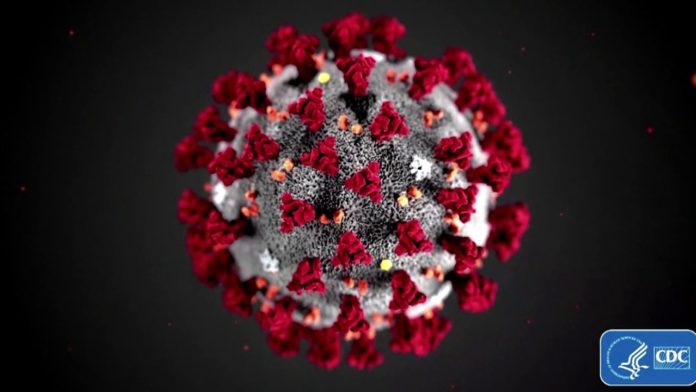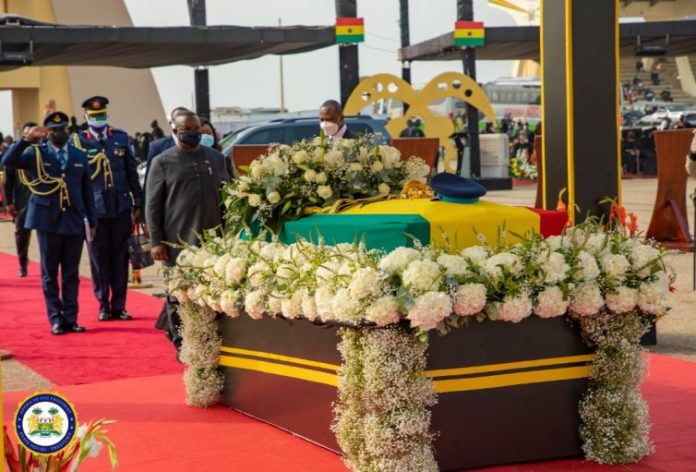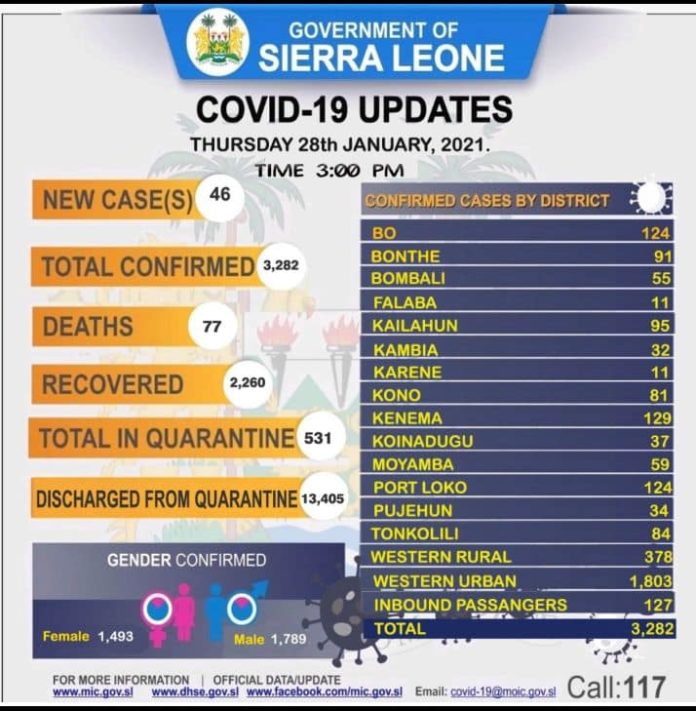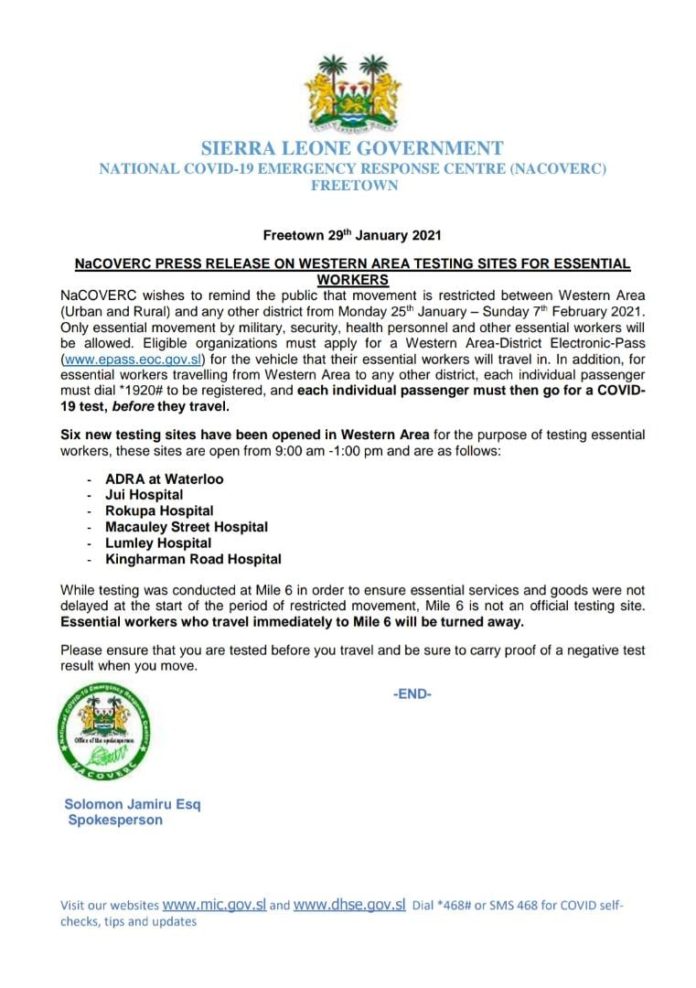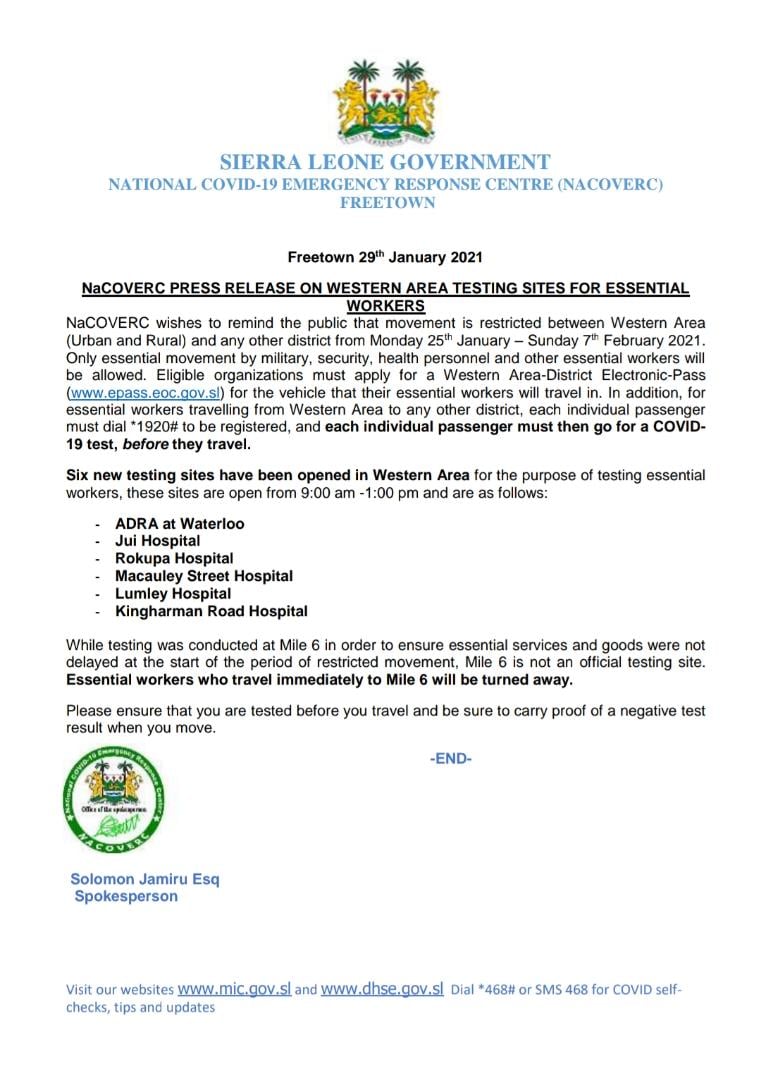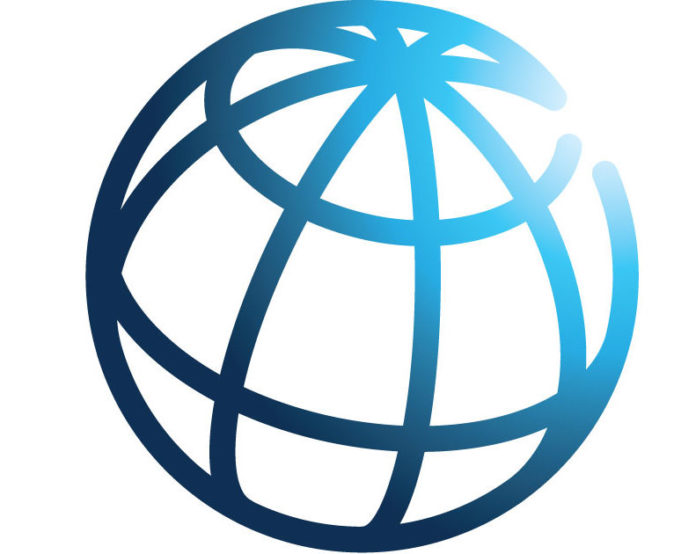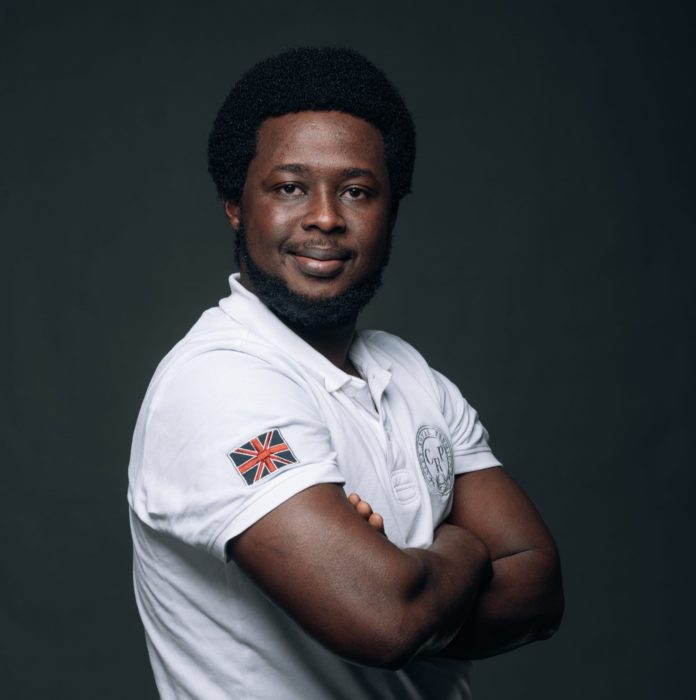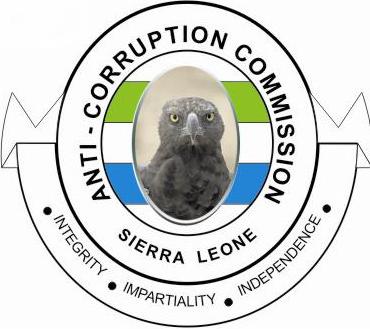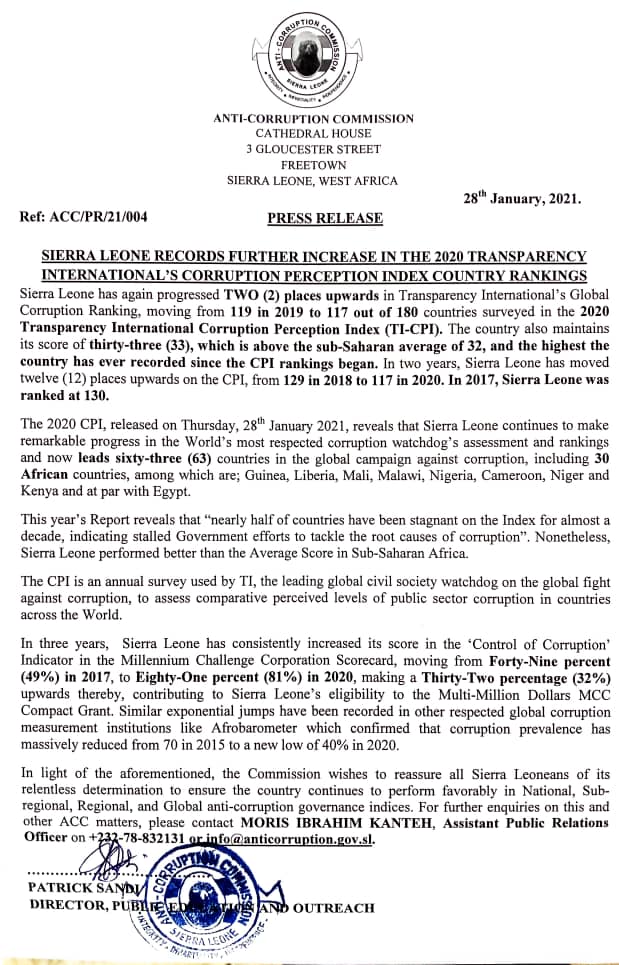If you are sick with COVID-19 or think you might have COVID-19, follow the steps below to care for yourself and to help protect other people in your home and community.
- Stay home. Most people with COVID-19 have mild illness and can recover at home without medical care. Do not leave your home, except to get medical care. Do not visit public areas.
- Take care of yourself. Get rest and stay hydrated. Take over-the-counter medicines, such as acetaminophen, to help you feel better.
- Stay in touch with your doctor. Call before you get medical care. Be sure to get care if you have trouble breathing, or have any other emergency warning signs, or if you think it is an emergency.
- Avoid public transportation, ride-sharing, or taxis.
As much as possible, stay in a specific room and away from other people and pets in your home. If possible, you should use a separate bathroom. If you need to be around other people or animals in or outside of the home, wear a mask.
Tell your close contacts that they may have been exposed to COVID-19. An infected person can spread COVID-19 starting 48 hours (or 2 days) before the person has any symptoms or tests positive. By letting your close contacts know they may have been exposed to COVID-19, you are helping to protect everyone.
- Additional guidance is available for those living in close quarters and shared housing.
- See COVID-19 and Animals if you have questions about pets.
- If you are diagnosed with COVID-19, someone from the health department may call you. Answer the call to slow the spread.
- Symptoms of COVID-19 include fever, cough, or other symptoms.
- Follow care instructions from your healthcare provider and local health department. Your local health authorities may give instructions on checking your symptoms and reporting information.
Look for emergency warning signs* for COVID-19. If someone is showing any of these signs, seek emergency medical care immediately:
- Trouble breathing
- Persistent pain or pressure in the chest
- New confusion
- Inability to wake or stay awake
- Bluish lips or face
*This list is not all possible symptoms. Please call your medical provider for any other symptoms that are severe or concerning to you.
Call 911 or call ahead to your local emergency facility: Notify the operator that you are seeking care for someone who has or may have COVID-19.
- Call ahead. Many medical visits for routine care are being postponed or done by phone or telemedicine.
- If you have a medical appointment that cannot be postponed, call your doctor’s office, and tell them you have or may have COVID-19. This will help the office protect themselves and other patients.
- You should wear a mask over your nose and mouth if you must be around other people or animals, including pets (even at home).
- You don’t need to wear the mask if you are alone. If you can’t put on a mask (because of trouble breathing, for example), cover your coughs and sneezes in some other way. Try to stay at least 6 feet away from other people. This will help protect the people around you.
- Masks should not be placed on young children under age 2 years, anyone who has trouble breathing, or anyone who is not able to remove the mask without help.
Note: During the COVID-19 pandemic, medical grade facemasks are reserved for healthcare workers and some first responders.
- Cover your mouth and nose with a tissue when you cough or sneeze.
- Throw away used tissues in a lined trash can.
- Immediately wash your hands with soap and water for at least 20 seconds. If soap and water are not available, clean your hands with an alcohol-based hand sanitizer that contains at least 60% alcohol.
- Wash your hands often with soap and water for at least 20 seconds. This is especially important after blowing your nose, coughing, or sneezing; going to the bathroom; and before eating or preparing food.
- Use hand sanitizer if soap and water are not available. Use an alcohol-based hand sanitizer with at least 60% alcohol, covering all surfaces of your hands and rubbing them together until they feel dry.
- Soap and water are the best option, especially if hands are visibly dirty.
- Avoid touching your eyes, nose, and mouth with unwashed hands.
- Handwashing Tips
- Do not share dishes, drinking glasses, cups, eating utensils, towels, or bedding with other people in your home.
- Wash these items thoroughly after using them with soap and water or put in the dishwasher.
- Clean and disinfect high-touch surfaces in your “sick room” and bathroom; wear disposable gloves. Let someone else clean and disinfect surfaces in common areas, but you should clean your bedroom and bathroom, if possible.
- If a caregiver or other person needs to clean and disinfect a sick person’s bedroom or bathroom, they should do so on an as-needed basis. The caregiver/other person should wear a mask and disposable gloves prior to cleaning. They should wait as long as possible after the person who is sick has used the bathroom before coming in to clean and use the bathroom.
High-touch surfaces include phones, remote controls, counters, tabletops, doorknobs, bathroom fixtures, toilets, keyboards, tablets, and bedside tables.
- Clean and disinfect areas that may have blood, stool, or body fluids on them.
- Use household cleaners and disinfectants. Clean the area or item with soap and water or another detergent if it is dirty. Then, use a household disinfectant.
- Be sure to follow the instructions on the label to ensure safe and effective use of the product. Many products recommend keeping the surface wet for several minutes to ensure germs are killed. Many also recommend precautions such as wearing gloves and making sure you have good ventilation during use of the product.
- Use a product from EPA’s List N: Disinfectants for Coronavirus (COVID-19)external icon.
- Complete Disinfection Guidance
Deciding when you can be around others is different for different situations. Find out when you can safely end home isolation.
Is it COVID-19 or Flu?
Some of the symptoms of flu and COVID-19 are similar, making it hard to tell the difference between them based on symptoms alone. Diagnostic testing can help determine if you are sick with the flu or COVID-19.

